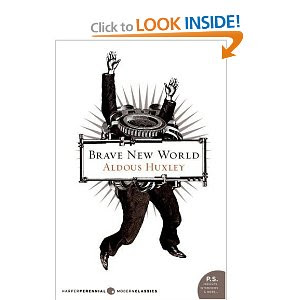A colorful and exciting account of a chapter of natural history, Between Man and Beast by Monte Reel is the story of Paul du Challiu, "discoverer" of the gorilla.
du Challiu was an “adventurer” (or traveler, as his
critics later denounced him) who - although ignorant of the scientific methods
and painstaking research the larger scientific community demanded - set out
into the African Bush, becoming the first white man to ever lay eyes on the gorilla.
The long mythologized animal had been described by Africans as some sort of
cross between man and beast or a hairy man among other fun descriptions. The
creature was then duly shot by du Challiu, preserved and stuffed, shipped off
to museums and lecture halls across Europe and America, making du Challiu a
legend in his own time.
du Challiu was a lad of uncertain origins (those origins are
later uncovered by Reel and their socially damning facts are revealed). He came
of age in equatorial Africa, eventually falling under the care of protestant
missionaries. du Challiu longs to create a new identity for himself. Under the sponsorship
of The Academy of Natural Sciences at Philadelphia, he enters the African bush,
ostensibly to collect birds for that institution. On his mind, however, was the
creature he had heard the African people refer to as “nyega” – the gorilla.
While away from civilization, he encounters and befriends natives, does a good
deal of collecting for the museum, and at long last, “discovers” the gorilla.
When du Challiu emerges from the bush, he spends some time in obscurity before
finally publishing his book, Explorations and Adventures in Equatorial
Africa, which details his journey and becomes a bestseller.
Due to his total lack of education in the sciences, du
Challiu was called, in some quarters, a fraud. His book’s directions were
murky, his maps incorrect, his drawings unscientific – in all, what was
originally seen as a book of science was, in short order, denounced as a book
of travel, and an inaccurate one at that. These great British men of learning
were, in many ways, jealous schoolboys. Their foibles leaves the reader
chuckling sometimes at how “evolved” they were. Some of the criticisms leveled
at du Challiu were legitimate; others were just weird. Yet, there was real work
to be done here, and du Challiu takes the steps needed to gain the respect of
the scientific community and at long last, create and identity for himself of
which he can be proud.
What could be a dry account of a little remembered
sliver of history is rendered delightful in Reel's hands. Although his prejudices
shine through (he is clearly on board with the evolutionists and doesn’t hold
much water with those who object on religious grounds), he never insults and he
seems to want to give every person represented a good showing. The comic
infighting amongst the scientists and explorers of the day is revealing and
amusing. The stories from the African Bush are unique and enlightening. But
what shines through the most is Natural History itself. One gains an appreciation
for the art of discovering new terrains and new species, decoding the history
of earth and its inhabitants, and all that we now take for granted as being
long-known being discovered. A read
of Between Man and Beast will make you want to renew your National Geographic
subscription or take a walk through your local Natural History Museum. I sure
did.



